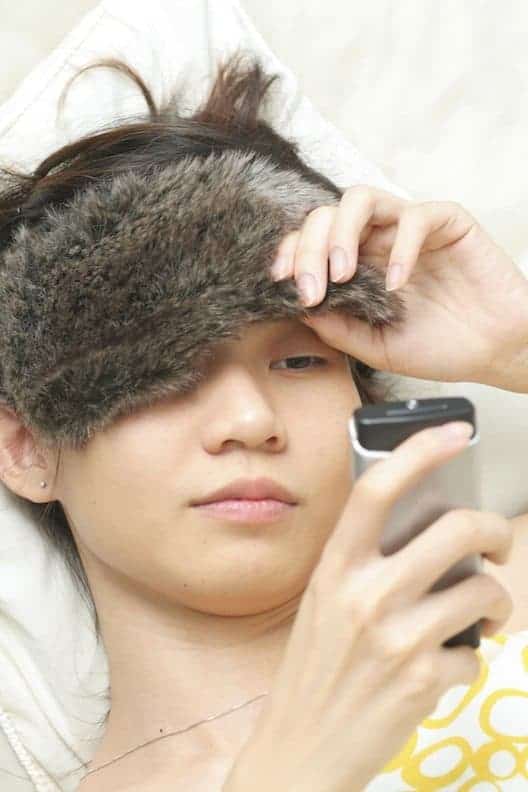
Elizabeth Dowdell, a professor of pediatric nursing at Villanova University’s College of Nursing, told CNN she learned about the behavior as she was researching Internet risk behaviors and the victimization of children and adolescents.
“I think for many adolescents and young adults, technology has provided us another avenue of sleep walking (or) talking in our sleep. People have answered the phone, the good old-fashioned landline, in their sleep. That’s not particularly new,” Dowdell says. “What we’re seeing now is younger people experiencing this.”
Besides the obvious risk of sending embarrassing messages, sleep texting interrupts sleep for both the sender and the receiver and is especially problematic for young adults, who need at least nine hours a night for their physical and mental health.
The best way to prevent sleep texting? Turn off your phone and place it out of reach when you go to bed.




